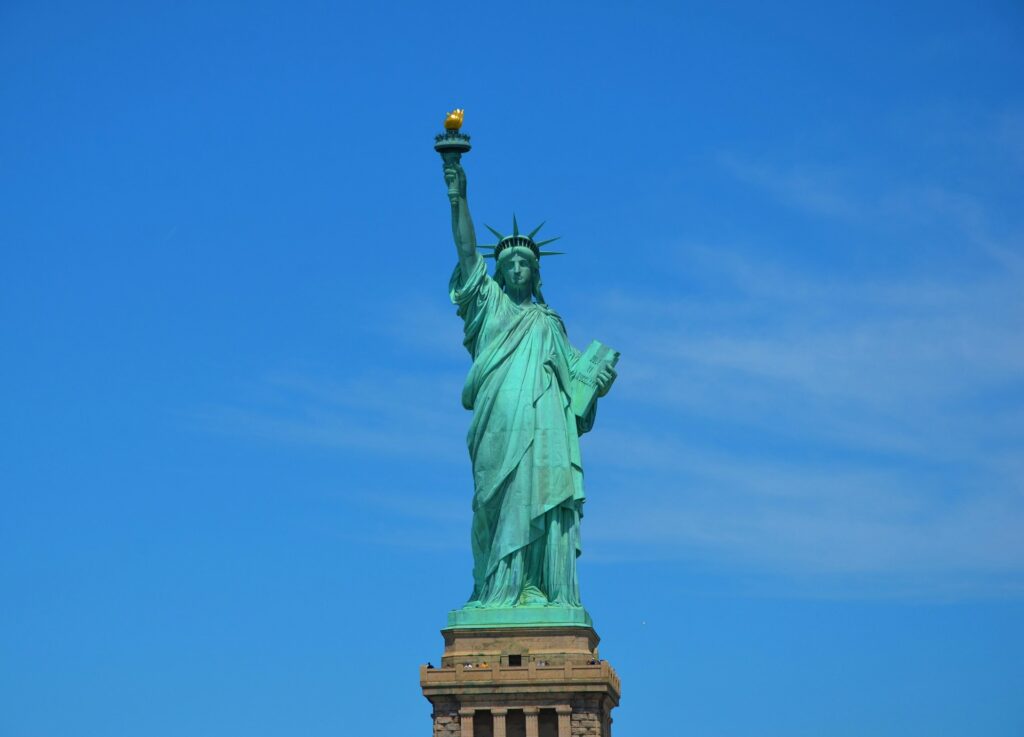
On June 4, 2025, U.S. President Donald Trump signed a presidential proclamation enforcing wide-ranging travel restrictions affecting 19 countries. The executive action imposes full travel bans on 12 nations and partial visa limitations on seven more. Contrary to earlier speculation and rumors, Pakistan is not included in the list, offering relief to the Pakistani diaspora and business community.
Countries Targeted by the Ban
Full Bans (12 countries):
Afghanistan, Myanmar, Chad, Republic of the Congo, Equatorial Guinea, Eritrea, Haiti, Iran, Libya, Somalia, Sudan, and Yemen. Citizens from these countries are barred from entering the United States under almost all categories, including business, tourism, and student visas.
Partial Visa Restrictions (7 countries):
Burundi, Cuba, Laos, Sierra Leone, Togo, Turkmenistan, and Venezuela. These nations face selective limitations, such as bans on permanent immigration or specific work and family visa categories.
Why These Countries?
According to the Trump administration, the decision is grounded in concerns related to national security, poor passport control systems, terrorism risks, and lack of cooperation with U.S. authorities on deportations and criminal background sharing. Critics, however, argue that the list reflects a political and ideological agenda more than a calibrated security assessment. Most of the fully banned countries are either Muslim-majority or from economically fragile regions.
The administration defends its stance by highlighting the need for stronger immigration vetting. However, geopolitical observers believe the move may further strain U.S. relationships with African, Middle Eastern, and Caribbean nations. The decision comes amid the 2024 election cycle, and analysts see it as part of a broader effort to mobilize Trump’s base by showcasing strong immigration control.
Economic and Industrial Fallout
For the Banned Countries
The economic consequences for the 19 affected nations could be significant. The U.S. remains a major hub for international students, skilled workers, medical professionals, and business entrepreneurs. A loss of access to American educational institutions and job markets could diminish the long-term growth prospects of these countries.
- Brain Drain and Talent Blockage: Many of the banned countries have sent thousands of students and professionals to the U.S. annually. The new restrictions not only close the doors to new entrants but also leave existing residents in uncertainty, leading to possible relocation to countries like Canada, the UK, and Australia.
- Foreign Direct Investment and Remittance Decline: With tighter entry norms, diaspora investment may shift away from the U.S., and remittance flows could drop. For example, Haiti, Sudan, and Somalia depend heavily on money sent from the U.S. by relatives working abroad.
- Trade and Export Setbacks: Nations like Venezuela and Iran already face U.S. sanctions. This ban further isolates them, damaging export revenue, industrial recovery, and access to global supply chains.
- Higher Education and Research Losses: U.S. universities, once reliant on international tuition and research partnerships, are seeing a decline in enrolment and collaboration. Countries like Iran and Myanmar, known for sending STEM talent abroad, will lose access to premier institutions, hindering their domestic capacity building.
Impact on the U.S. Economy
While the Trump administration emphasizes national security, the travel bans may backfire economically. American universities, tech firms, and healthcare providers often rely on international talent. The restriction could:
- Limit innovation in sectors like artificial intelligence, software development, biotechnology, and aerospace due to reduced diversity in research teams.
- Create staffing shortages in high-demand fields such as nursing, data analytics, and engineering.
- Lead multinational companies to shift operations or research labs to countries with more open immigration policies.
Pakistan: Excluded but Not Unaffected
Despite rumors that Pakistan could be added to the list—due to its strategic challenges, complex visa history, and prior inclusion in watchlists—the country has avoided new restrictions. This decision is significant for several reasons:
- Diaspora Relief: Millions of Pakistanis live, study, or work in the U.S. The continuation of visa access ensures stability for families and professionals alike.
- Business Continuity: Exporters and startups dependent on U.S. partners can maintain business development, especially in the tech, apparel, and services sectors.
- Strategic Neutrality: Avoiding the ban indicates a continued interest by Washington to maintain working relations with Islamabad amid broader regional volatility.
Still, the broader regional fallout may indirectly affect Pakistan’s trade flows, research collaboration, and diplomatic posture. Islamabad may need to intensify engagement with other global partners to ensure resilience against future restrictions.
The Price of Isolation
From an innovation economics perspective, the bans risk fragmenting the global science and technology ecosystem. Open borders have historically enabled the U.S. to attract global brains, drive industrial R&D, and maintain leadership in sectors like AI, quantum computing, and clean energy. A more insular policy could weaken America’s edge and create opportunity vacuums for other nations to fill.
Final Thoughts
The Trump Travel Ban of 2025 reshapes the intersection of geopolitics and economics. While it claims to prioritize national security, the long-term effects—especially on talent mobility, academic partnerships, and trade dynamics—may run counter to America’s own economic interests. For countries excluded from the ban, like Pakistan, this is a chance to reassess international strategy, capitalize on global talent shifts, and strengthen ties with allies seeking inclusive growth.
